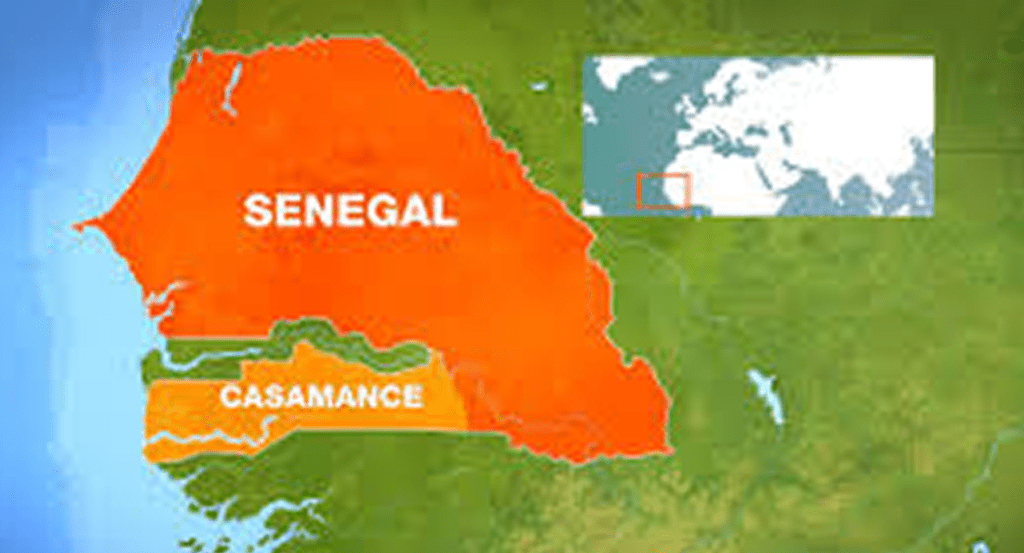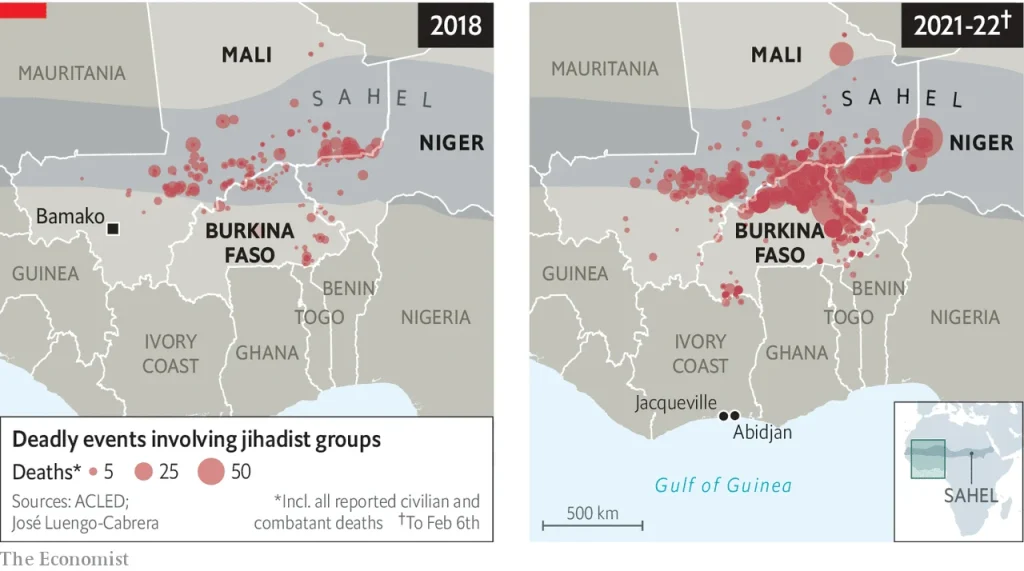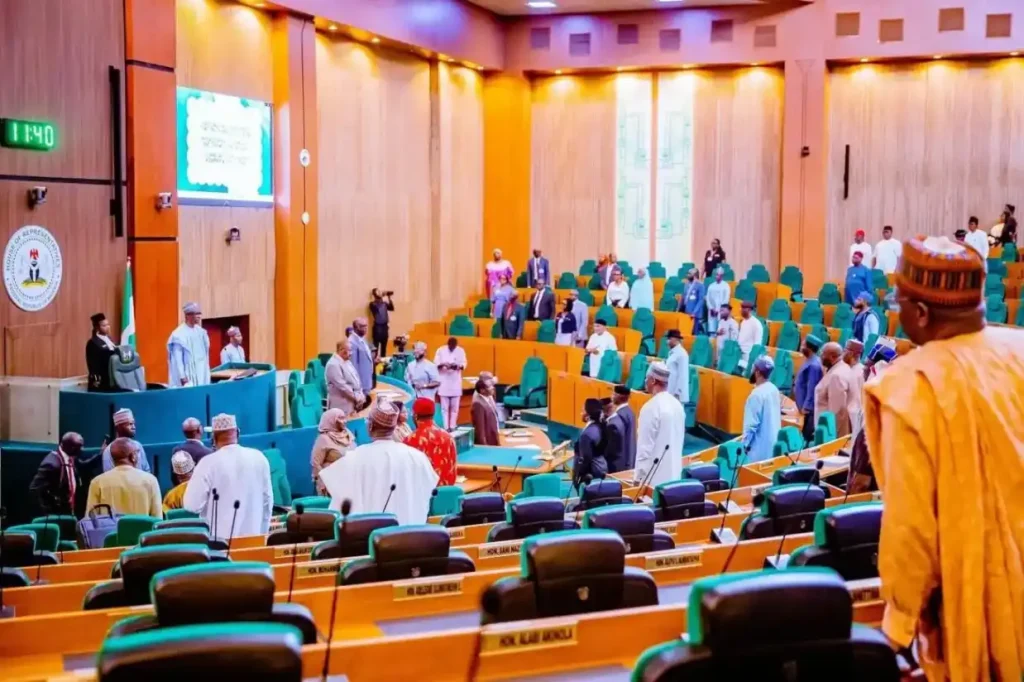Senegalese citizens headed to the polls in a crucial snap parliamentary election, the first since President Amadou Faye assumed office earlier this year. Over seven million registered voters were expected to participate in the election, which many view as a litmus test for the president’s administration and his ambitious reform agenda.
President Faye’s ruling party aims to secure a parliamentary majority to facilitate his policy initiatives, including constitutional reforms. The government has emphasized the importance of this election in achieving stability and driving economic development. However, opposition parties have accused the president of attempting to consolidate power, raising concerns about democratic principles in the country.
The elections follow months of political tension and a divisive campaign. Key opposition leaders criticized the government for perceived attempts to sideline dissenting voices. Despite these allegations, polling stations reportedly opened smoothly, with observers commending the generally peaceful conduct of the election process.
Early results indicate that the ruling coalition is likely to maintain a strong presence in parliament, though the final outcome remains uncertain. Opposition groups have vowed to challenge any discrepancies in the results, setting the stage for potential disputes in the coming days.
Senegal, known for its relatively stable democratic system in West Africa, has drawn international attention due to its strategic importance in the region. Observers from the African Union and other international organizations monitored the elections closely, highlighting the significance of transparent and fair elections for Senegal’s democratic image.
The outcome of the vote will determine the balance of power in the National Assembly, shaping President Faye’s ability to implement key reforms, including changes to election laws and economic policies. While his administration has promised progress and development, critics fear that these reforms might erode democratic checks and balances.
As the nation awaits official results, political analysts warn that the government must address public concerns over governance, unemployment, and social inequality to maintain its credibility and ensure stability.





















